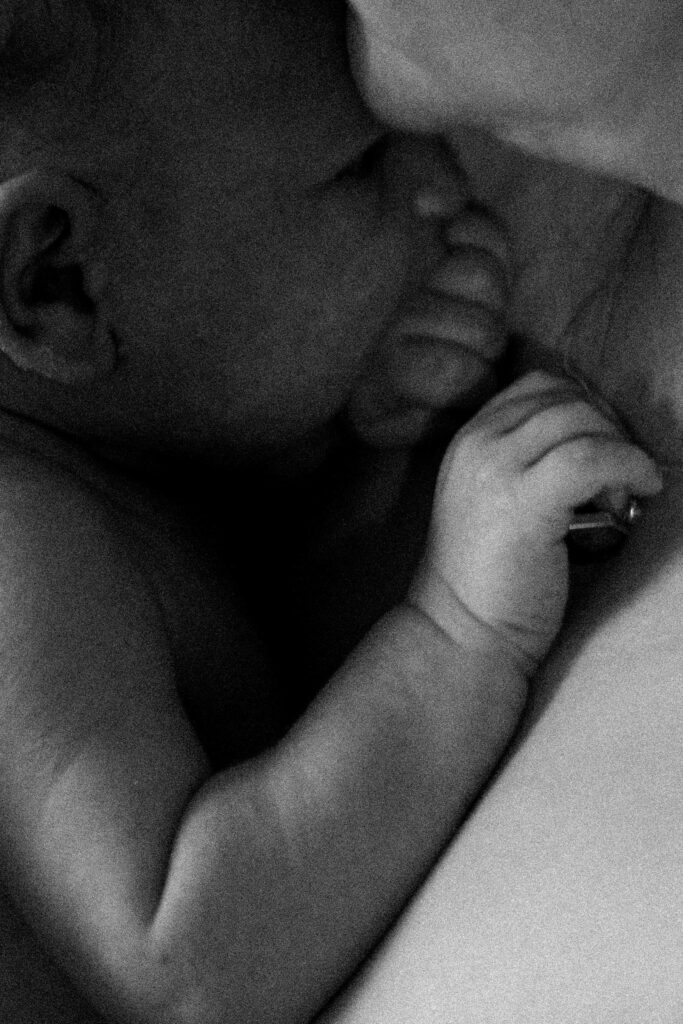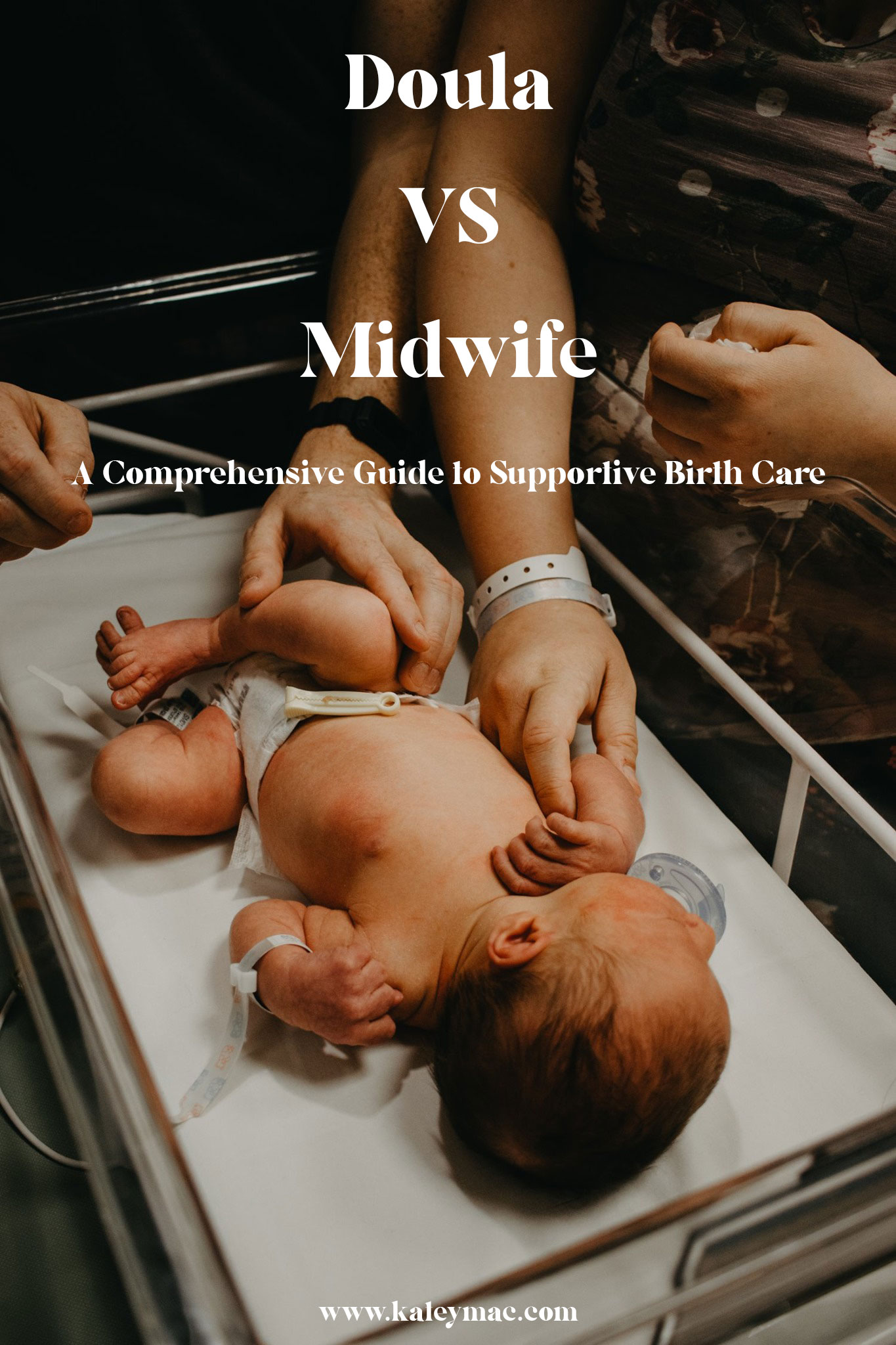
Doula OR Midwife?!
In the realm of childbirth and begining motherhood, there’s a growing recognition of the invaluable support provided by doulas. These dedicated professionals offer emotional, physical, and informational support to birthing individuals and their families before, during, and after childbirth. In this comprehensive guide, we delve into the meaning, purpose, and benefits of having a doula by your side, and explore the distinctions between doulas and midwives.

What is a Doula?
A doula, derived from the Greek word meaning “woman’s servant,” is a trained and experienced professional who provides continuous support to mothers and their partners before, during, and after childbirth. Unlike midwives, who are medical professionals responsible for clinical care prior to and during labor and birth, doulas offer non-medical, holistic support focused on the emotional, physical, and informational needs of the birthing person and their family.
The Purpose of a Doula:
Emotional Support
Doulas provide unwavering emotional support throughout the childbirth process, offering reassurance, encouragement, and empathy to birthing individuals and their partners. They create a nurturing and empowering environment that helps reduce anxiety and instills confidence in the birthing person’s ability to birth.
Physical Comfort
Doulas employ a variety of comfort measures, including massage, positioning techniques, and breathing exercises, to help alleviate discomfort and promote relaxation during labor and birth. Their hands-on support can help manage pain, enhance comfort, and facilitate the progression of labor. Later in this guide we cover what the studies say about having a doula!
Informational Guidance
Doulas offer evidence-based information and resources to help birthing individuals make informed decisions about their care. They empower mothers to advocate for their preferences and navigate the complexities of childbirth with confidence and clarity.
The Benefits of Having a Doula
Increased Satisfaction
Studies have shown that mothers who have doulas present during childbirth report higher levels of satisfaction with their birth experiences. The continuous support provided by doulas helps create a positive and empowering birthing environment, regardless of the birth outcome.
Reduced Intervention Rates
Research suggests that women supported by doulas are less likely to require medical interventions during labor and birth, such as cesarean sections, epidurals, and labor augmentation. Doulas can help facilitate a smoother and more physiologic birth process by offering holistic support and advocating for the birthing person’s preferences.
Improved Birth Outcomes
Doulas play a crucial role in promoting positive birth outcomes by supporting physiological processes, enhancing coping mechanisms, and reducing stress levels during childbirth. Their presence has been associated with shorter labours, decreased rates of postpartum depression, and improved breastfeeding outcomes.

Doula vs. Midwife: Understanding the Differences
While both doulas and midwives provide support and care to individuals during childbirth, there are distinct differences between the two roles, let’s dive into it!

Scope of Practice
Doulas provide non-medical, emotional, physical, and informational support to women and their families. They do not perform clinical tasks, make medical decisions, or provide medical care.
Midwives are trained healthcare professionals who provide clinical care to individuals throughout pregnancy, childbirth, and the postpartum period. They are responsible for monitoring the health and well-being of both the mother and their baby, and they can perform medical interventions as needed.
Training and Certification
Doulas undergo specialized training in childbirth education, comfort measures, and labor support techniques. They may obtain certification through organizations such as Wise Women Way of Birth, DONA International, CAPPA, or Doula Trainings International.
Midwives undergo extensive education and training in (medical care)midwifery, which includes both coursework and clinical experience attending births. They must be licensed or certified to practice independently and are regulated by professional governing bodies.
Role During Childbirth
Doulas provide continuous emotional, physical, and informational support to birthing individuals and their partners throughout labor and birth. They do not perform clinical tasks or provide medical care, but they work collaboratively with a women’s healthcare team to ensure a positive and empowering birth experience.
Midwives provide clinical care and support to women throughout labor and birth, including monitoring vital signs, assessing progress, and administering medical interventions when necessary. They are responsible for ensuring the safety and well-being of both the birthing person and their baby during childbirth.

In summary, doulas play a vital role in providing holistic support to individuals and their families during childbirth, offering emotional, physical, and informational guidance throughout the birthing journey. While doulas and midwives both contribute to positive birth experiences, their roles and responsibilities differ significantly. By understanding the unique contributions of doulas and midwives, individuals can make informed decisions about their birth preferences and assemble a supportive birth team that meets their needs and preferences.
The studies on doulas show..
Studies consistently demonstrate the numerous benefits of having a doula present during childbirth. Research indicates that doula support can lead to..
Reduced Risk of Medical Interventions
Studies have shown that individuals supported by doulas during labor are less likely to require medical interventions such as cesarean sections, epidurals, or instrumental deliveries.
Decreased Labor Duration
Evidence suggests that having a doula present during labor may result in shorter labor durations, leading to reduced exhaustion and discomfort for birthing individuals.
Increased Satisfaction with Birth Experience
Research indicates that individuals who receive continuous support from a doula report higher levels of satisfaction with their birth experience, regardless of whether it was a vaginal or cesarean birth.
Enhanced Communication and Advocacy
Doulas act as advocates for the mother and their partner, ensuring that their preferences and concerns are effectively communicated to medical professionals. This advocacy can help promote a sense of empowerment and confidence during childbirth.
Improved Emotional Support
Doulas provide continuous emotional support throughout labor and childbirth, offering reassurance, encouragement, and comfort to both the birthing individual and their partner.
Reduced Incidence of Postpartum Depression
Some studies suggest that individuals who receive doula support during childbirth may be less likely to experience postpartum depression or anxiety in the weeks and months following birth.
Positive Effects on Breastfeeding
Research indicates that individuals who receive doula support are more likely to initiate breastfeeding and continue breastfeeding for longer durations compared to those who do not receive such support.
Overall, the findings from various studies support the significant impact that doula support can have on the childbirth experience, leading to improved outcomes for both birthing individuals and their babies.
The studies on midwives show..
Research consistently demonstrates the positive impact of midwifery care on maternal and infant outcomes. Studies have found that individuals who receive care from midwives experience:
Reduced Rates of Medical Interventions
Numerous studies have shown that individuals under the care of midwives during pregnancy and childbirth have lower rates of interventions such as cesarean sections, episiotomies, and inductions of labor compared to those under the care of obstetricians.
Lower Rates of Preterm Birth and Low Birth Weight
Evidence suggests that individuals receiving midwifery care have lower rates of preterm birth and low birth weight infants, which are associated with better long-term health outcomes for both the birthing individual and the baby.
Increased Rates of Vaginal Birth after Cesarean (VBAC)
Midwives often support individuals who desire a vaginal birth after a previous cesarean delivery. Studies have shown that individuals receiving midwifery care have higher rates of successful VBAC compared to those under obstetrician-led care.
Higher Levels of Satisfaction with Care
Research indicates that individuals who receive care from midwives report higher levels of satisfaction with their prenatal, childbirth, and postpartum care compared to those receiving care from obstetricians.
More Positive Birth Experiences
Studies have found that individuals under the care of midwives are more likely to report having a positive and empowering birth experience, characterized by feelings of control, autonomy, and support during labor and childbirth.
Better Breastfeeding Outcomes
Midwives provide comprehensive breastfeeding support and education, leading to higher rates of successful breastfeeding initiation and continuation among individuals who receive midwifery care.
Lower Healthcare Costs
Midwifery care has been associated with lower healthcare costs due to decreased rates of medical interventions and fewer complications during pregnancy and childbirth.
Overall, the evidence suggests that midwifery care offers numerous benefits for birthing individuals and their families, including improved outcomes, greater satisfaction with care, and reduced healthcare costs.

In conclusion, both doulas and midwives play valuable and complementary roles in providing holistic and personalized care to individuals during pregnancy, childbirth, and the postpartum period. While their roles and responsibilities may differ, their collaborative approach often results in a synergistic and positive birth experience for birthing individuals and their families.
Doulas offer continuous emotional, physical, and informational support throughout labor and childbirth. They provide comfort measures, advocacy, and reassurance, helping individuals navigate the intensity of labor and make informed decisions about their care. Doulas also offer personalized support to partners, ensuring that they feel empowered and involved in the birthing process.
Midwives, on the other hand, provide comprehensive prenatal, childbirth, and postpartum care with a focus on promoting physiologic birth and supporting individual autonomy. They offer clinical expertise, medical monitoring, and evidence-based care, ensuring the safety and well-being of both the birthing individual and their baby. Midwives work collaboratively with individuals and their families to create personalized birth plans that align with their values, preferences, and unique needs.
Together, doulas and midwives form a dynamic team that offers mothers and their partners holistic care throughout the childbirth journey. By combining emotional support, advocacy, and clinical expertise, they empower individuals to have a positive and empowering birth experience, promoting better outcomes and greater satisfaction with care. Whether providing comfort during labor or offering evidence-based guidance during prenatal visits, the collaborative efforts of doulas and midwives contribute to a supportive and nurturing birthing environment that honours the family and autonomy of each woman.
Thanks for reading!
Your doula + lifetime photographer,
Katey Mac.







